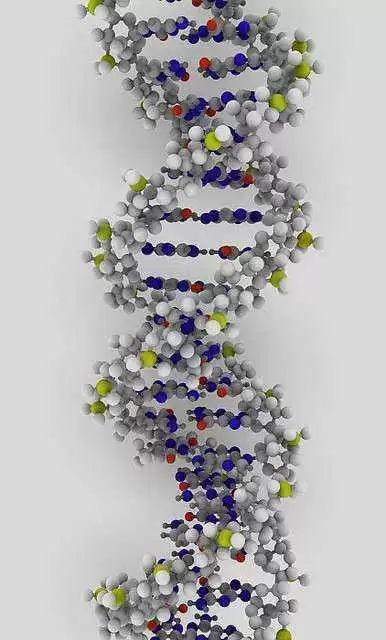Celiac.com 06/05/2009 - Recently, the British Journal of Nutritionreported that following a gluten-free diet may be detrimental to guthealth, which may also affect immune health, according to a new studyfrom the Spanish National Research Council. The Spanish researchersanalyzed the gut microflora of ten healthy subjects with an average ageof 30 assigned to consume a gluten-free diet for one month. Analysisof the participants’ feces showed that populations of healthy gutbacteria decreased following the gluten-free diet, while populations ofunhealthy bacteria increased.
It has been previously documented that gluten can cause leaky gut, evenwithout celiac disease. Chronic gluten exposure has been shown toactivate zonulin resulting in increased intestinal permeability (orleaky gut) even in the absence of celiac disease. Intestinalpermeability with malabsorption has been described in celiac patientsand their relatives who don’t have atrophy of the intestine on biopsybut only increased inflammatory cells. An imbalance of intestinalbacteria has been cited as one of the main causes of leaky gutsyndrome. This study could be the beginning of discovering the missingcomponents of the known link between celiac disease (and foodsensitivities), leaky gut syndrome, inflammation, and immune health.
If you have celiac disease and/or other food sensitivities, your riskfor a bacteria imbalance is high. What can you do to protect yourhealth?
- Know the signs of bacteria imbalance: abdominal pain, asthma, chronic joint pain, chronic muscle pain,confusion, fuzzy or foggy thinking, gas, indigestion, mood swings,nervousness, poor immunity, recurrent vaginal infections, skin rashes,diarrhea, bed-wetting, recurrent bladder infections, poor memory,shortness of breath, constipation, bloating, aggressive behavior,anxiety, fatigue, feeling toxic.
- Consider dietary changes: Limit foods that feed bad bacteria – all forms of sugar, vinegars, andmoldy foods like mushrooms. Eat foods that promote intestinal healing,including high fiber foods rich in antioxidants (cabbage, cauliflower,beets, and onions) and omega-3 fatty acids found in salmon andflaxseed. Healthy bacteria found in yogurt (read the label to ensurethat it contains live cultures) has also been recommended.
- Think about chemical exposure: Eliminating or reducing substances that promote intestinalpermeability, such as avoiding antibiotics, nonsteroidalanti-inflammatory drugs, pesticides, herbicides, and meat contaminatedwith hormones.
-
Talk to your doctor: More research needs to be done, but it seems as though probiotics maybe protective against leaky gut and bowel inflammation. Clinicalresearch shows that oral supplementation of probiotics enhances theimmune system's ability to fight foreign organisms. Digestive Enzymescan also help to restore intestinal permeability. Herbs and botanicalswith anti-inflammatory properties, and those that reduce congestionand/or eliminate waste may also be helpful.
- autoimmunedisease.suite101.com
- About.com Leaky Gut Syndrome/Intestinal Permeability, Cathy Wong, July 23, 2007
- www.Foodnavigator-usa.com
- Crook, William; Dean, C.; Crook, E (2003). The Yeast Connection and Women’s Health










Recommended Comments